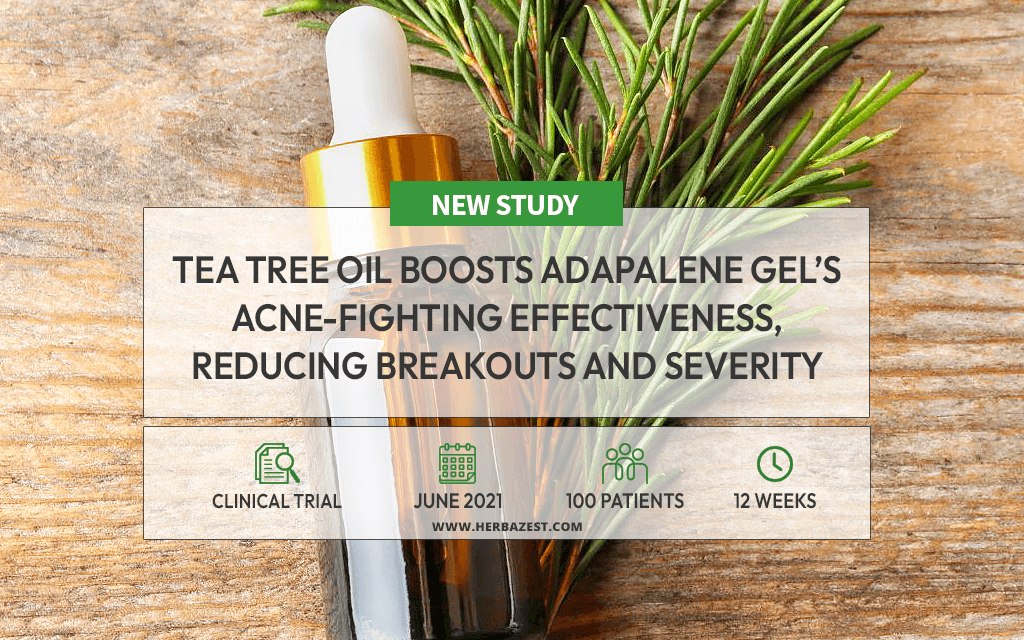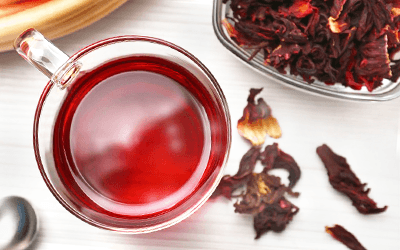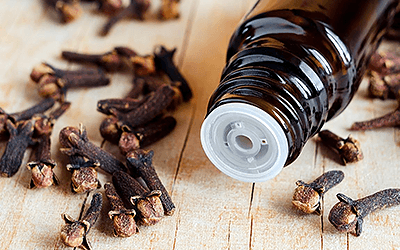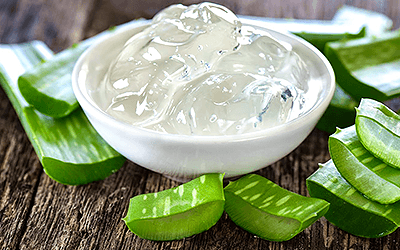Acne vulgaris, or simply acne, is a common dermatological condition, affecting up to 50 million Americans every year.1 It is characterized by various types of skin abnormalities, such as comedones and pimples. Acne is most commonly treated with topical solutions, including retinoids (e.g., adapalene) and antibiotics. Moderate to severe cases of acne may also require oral medications.
Among the potential herbal candidates for acne treatment, tea tree shows great promise due to its powerful anti-inflammatory, broad-spectrum antimicrobial, and antioxidant properties. However, not many clinical trials have been conducted to further explore the potential uses of tea tree for acne.
The Study
In this 2021 trial, 100 patients suffering from acne were split into two groups. For 12 weeks, one group applied 0.1% adapalene gel to affected areas at night, while the other group applied adapalene gel that was enhanced with tee tree oil.
At weeks 4, 8, and 12, researchers assessed the efficacy of both treatments using acne lesion counting and acne severity indices. They published their findings in the Archives of Dermatological Research.
The Results
After using adapalene gel enhanced with tea tree, participants had more significant reductions in acne lesions and overall severity than using adapalene gel alone.
Both treatments were generally well-tolerated and did not cause serious side effects. Both groups reported mild dryness.
What Does this Mean?
This clinical trial demonstrates that using adapalene gel with tea tree oil can be effective for treating acne. In fact, it has been shown to be more effective in reducing acne lesions and their severity than using adapalene gel alone.
More studies are needed to explore the therapeutic effects of tea tree oil on skin conditions in more depth. However, the findings of this study show that adding tea tree oil to acne medications may significantly improve their efficacy. This may lead to the development of new formulations of acne products, enabling sufferers to treat their condition more effectively and regain their self-esteem and quality of life.
Other herbs that have skin-nourishing properties include chamomile, aloe vera, lavender, and echinacea.
Sources
- Archives of Dermatological Research, A topical gel of tea tree oil nanoemulsion containing adapalene versus adapalene marketed gel in patients with acne vulgaris: a randomized clinical trial, 2021
Footnotes:
- American Academy of Dermatology Association. (n.d.). Skin Conditions by the Numbers: Acne. Retrieved November 4, 2024, from https://www.aad.org/media/stats-numbers




